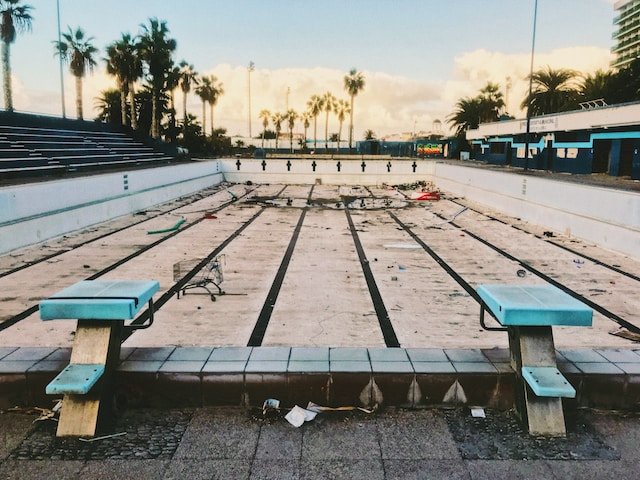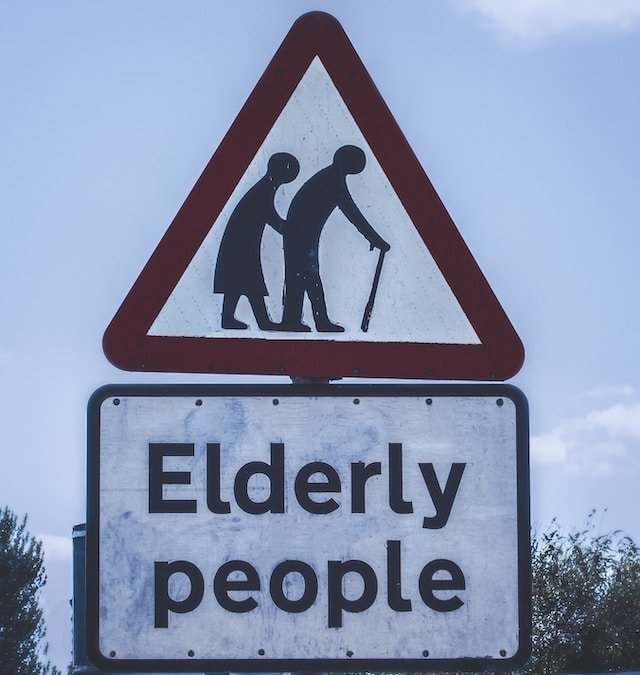
Why going shopping for clothes can improve your swimming
Occasionally in life, we get to see ourselves as others see us. And sometimes, that reality is a bit like a bucket of cold water being poured over our head.

Breathing your first
The fundamental issue is that it is difficult to breathe without a decent technique, but to gain that technique it seems pretty vital that one can breathe.

Swimming injuries should not be the norm.
Whilst a good technique can easily lead to an increase in swimming speed, the reverse is rarely true. It is far more likely that to focus purely on increasing speed, dangerous and damaging habits will result leading to long-term problems.

The Reality of Reality TV
Olympic medals aren’t won on the days of the competition; they are won in deserted echoing pools and empty gyms at 6 am on freezing February mornings when most of the world is still in bed.

The challenge ofchallenges
When it comes to swimming, despite the kudos, the self-pride and the euphoria of finishing a gruelling event there can be a problem for the longer term; there is no quicker way to expose the deficiencies in your technique.

Taking steps to improve your swimming
For folks who think they can already swim it might be a little sobering to realise they don’t even really understand how to walk.

Romeo & Juliet - an examination
A swimmers’ stroke cannot be seen in isolation but more as a series of interlinking events, each one affecting the next.

What can we learn from online videos?
YouTube is awash with films with titles such as “Five things you’re doing wrong in freestyle” (how do they know?), “A quick fix to aid better breathing in freestyle” and “How to improve your efficiency and swim faster instantly” etc. But can they deliver on their grand promises?

Applying management principles to the way we coach
After asking a swimmer to perform a drill or a particular task a good coach will ask for feedback. A great coach will ask “And what else?

Swimming in open water: what exactly are you getting into?
Pollution of open water in the UK is often the norm rather than the exception.

The butterfly effect
I had assumed that the main strokes used today had been around for hundreds of years

How dangerous is open-water swimming?
No death should be seen as more or less important than any other. Each one represents a human tragedy, a heart-rendering, gut-wrenching loss from which a family can never fully recover. This is not some competition; a morbid and macabre race to the bottom. Nevertheless, official figures do allow us provide some context regarding the relative dangers posed by open-water swimming.

The crisis facing swimming pool operators
The pressures faced by operators seem to keep mounting and there are few options for a quick fix.

Can you teach an old doggy paddler new tricks?
Does advancing age impact learning itself? Are older people simply incapable of understanding the instructions given to them and interpreting them into the correct movements required?

Is this even a sport? (continued)
…whilst most of us are warm and cosy in bed youngsters are plunging into chilly waters. All for their dream of a brief moment of glory.

Feel more, Work less, Swim Better (It made no sense)
“What do you feel,” she would ask. “I don’t know!” was my most common response. I was being considered, honest and respectful as I reached inside myself looking for the answers to questions my swim coach asked me following the short 6 stroke practices she gave me. My answers were factual, logical and to the point. Intuitively I knew it was never quite what she was looking for. “That’s how you think,” she would say. “I would like to know what you feel”. I found this confusing. I would frown and shake my head (internally my dialogue was “what sort of ridiculous way is this to coach swimming technique”). The more I resisted answering her questions the more questions she asked.


Swimming: the naked truth
There seem to be an awful lot of folks prepared to step beyond the boundaries of public decency for the sake of a little thrill seeking.

Swimming and falling
“There is reason to think that swimming works to prevent falls… [by developing]…strong core muscles which are necessary for good balance control”.

How often should you swim?
If you are swimming on a regular and frequent basis but with poor technique, you will be doing more harm than good

